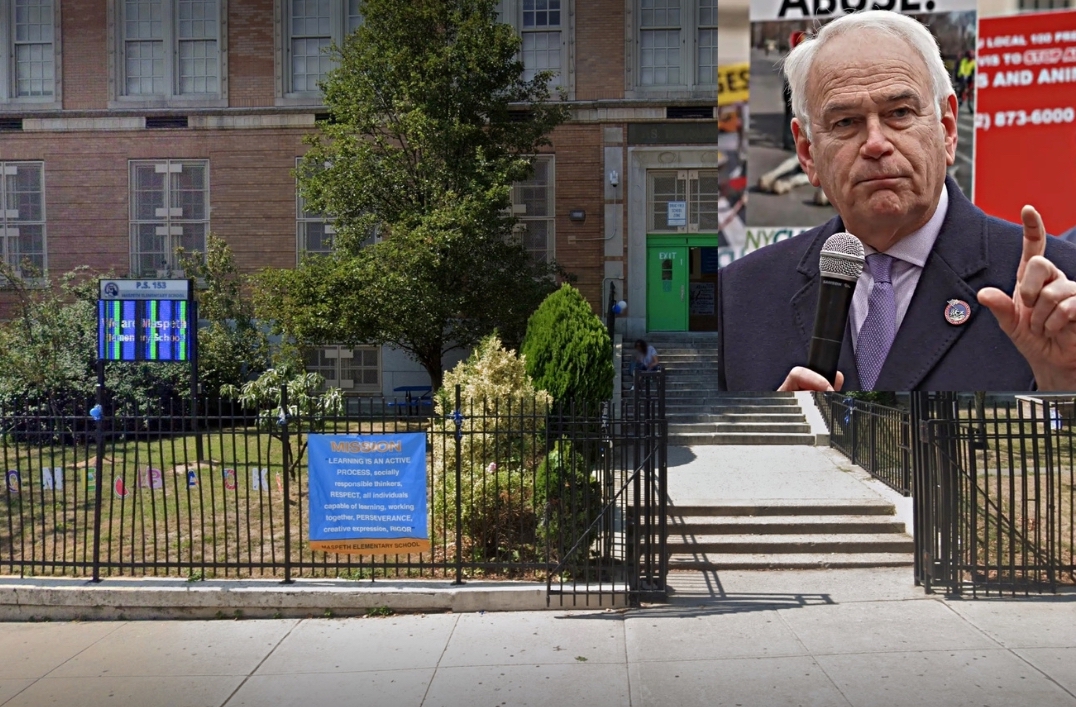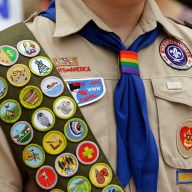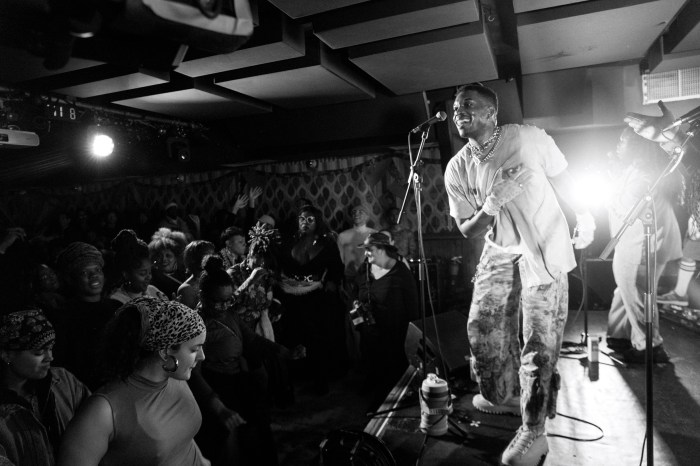Street groups use the Internet to brag, recruit and intimidate
Just five years ago, a Toronto gang calling itself the Asian Assassinz had four members and claimed as its turf two blocks in downtown Chinatown.
Back then, they “tagged the living crap” out of the area, according to a police officer who has tracked them, but not any more, because now, “they have the Internet.”
Police say because of gang members’ appearances on Web pages, chat rooms, blogs and social networking sites, the Assassinz have recruited new members and expanded their criminal activities far beyond the downtown core.
“It’s like advertising, or putting up a billboard” with contact information for would-be members, says Toronto police Const. Scott Mills of CrimeStoppers.
The Internet allows a gang to grow and to reach out to areas where “they aren’t known,” the front-line officer says.
Four youths charged in a recent home invasion case in Windsor, Ont., for instance, are alleged to be members of the Asian Assassinz and Project Originals, another downtown Toronto gang.
The alliance of the Assassinz and P.O. Boys, as they’re also known, came to the attention of police after they spotted Web pages containing both logos.
It’s part of a larger trend, police say, of street gangs turning to the Internet to do everything from brag about their exploits to intimidate rivals or “snitches,” as was disclosed recently in the case of David Latchana, the 23-year-old Malton man shot in the head Nov. 3 after a death threat appeared in a rap song posted on myspace.com.
|
online posts |
|
















